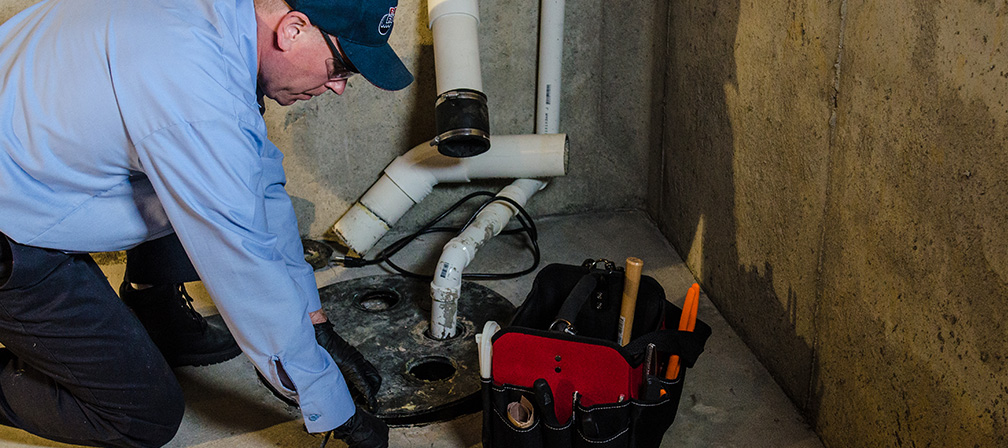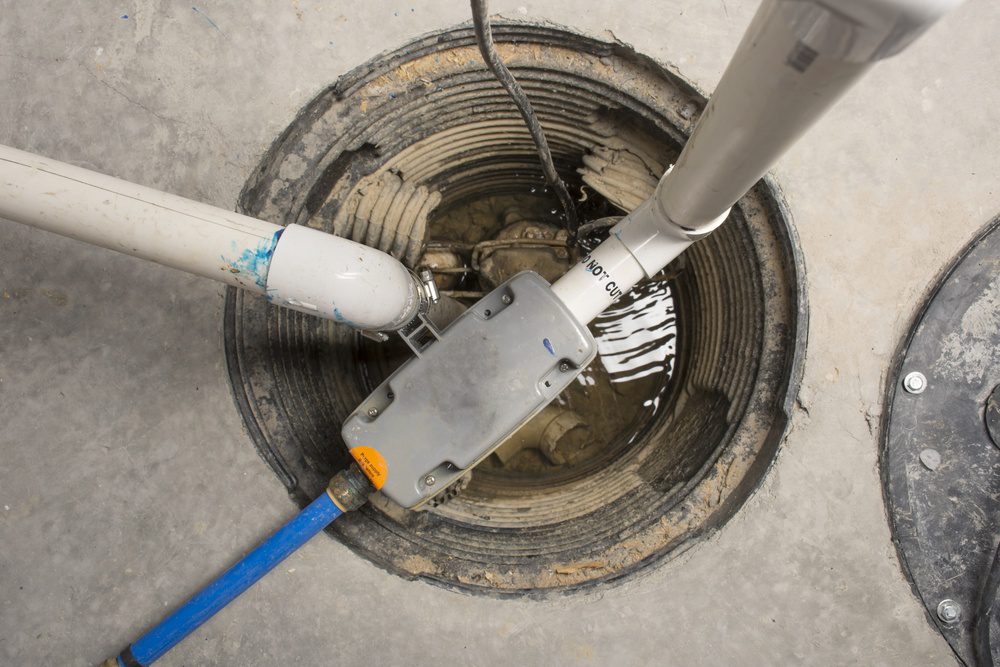Comprehending the Key Parts of Effective Water Filtering Equipments

Relevance of Water Filtering Systems
Water filtration systems play a crucial function in making certain access to safe and tidy drinking water by efficiently getting rid of impurities and impurities. These systems are essential in attending to the expanding worries over water high quality and the possible wellness risks connected with eating infected water. By utilizing various filtering devices such as reverse osmosis, activated carbon, and UV sanitation, water filtration systems can efficiently get rid of damaging compounds like germs, infections, heavy steels, and chemicals from the water.
Additionally, water filtration systems assist to improve the taste and odor of water by eliminating chlorine, debris, and other toxins that can affect its quality. Water Softeners. This improvement in water high quality not just makes it much more tasty however likewise urges individuals to consume an appropriate quantity of water daily, promoting much better hydration and total health and wellness
Kinds Of Filtration Components

Physical filters are made to literally stress out pollutants from the water. These filters can be made of products like ceramic, carbon, or also sand, and they work by trapping bits larger than the filter's pores as water goes through.
Chemical filters use numerous chemical procedures to remove contaminants from the water. Instances consist of activated carbon filters, which adsorb impurities, and turn around osmosis membranes, which use pressure to separate contaminants from the water.
Organic filters make use of living microorganisms like algae or bacteria to break down natural issue and pollutants in the water. These filters are usually made use of in wastewater therapy plants or all-natural water filtration systems.
Comprehending the different kinds of filtration parts is vital for picking the most suitable water purification system for certain purification demands.
Function of Debris Filters
Sediment filters play an essential duty in water filtration systems by efficiently capturing solid particles suspended in the water. These filters are generally the see here now initial line of defense in a filtration system, eliminating larger bits such as sand, silt, dirt, and corrosion prior to the water moves with finer filtering stages. By capturing these debris, the filters avoid them from reaching downstream elements, hence prolonging the life expectancy and efficiency of the entire system.
Ignoring this maintenance can lead to clogging, lowered water flow, and jeopardized purification performance. On the whole, sediment filters are important components that add substantially to the performance of water filtration systems.
Duty of Triggered Carbon Filters
Playing an essential role in water purification systems, activated carbon filters contribute in getting rid of impurities and contaminants from the water. These filters are created to adsorb and trap a wide variety of contaminants, including chlorine, unstable natural compounds (VOCs), chemicals, and herbicides. The triggered carbon product has a big area, enabling for the efficient capturing of contaminants through a procedure called adsorption. As water goes through the filter, the turned read what he said on carbon holds and attracts onto the contaminations, making certain that the water that comes out on the various other side is cleaner and more secure for usage.
Activated carbon filters are very effective at improving the taste and odor of water by minimizing chemicals that can influence its high quality. They are additionally efficient in eliminating specific hefty metals like lead and mercury. In addition, these filters can assist stop the buildup of bacteria and algae in water, further improving its general top quality. Due to their flexibility and integrity, activated carbon filters are an essential element in making sure that water is purified to the highest requirements before reaching consumers.
Comprehending Reverse Osmosis Equipments
Reverse osmosis systems are sophisticated water filtration systems that employ a sophisticated process to remove pollutants and contaminations from alcohol consumption water. These systems function by applying stress to the water, requiring it through a semi-permeable membrane layer. This membrane layer acts as an obstacle, enabling just pure water particles Visit Your URL to travel through, while obstructing bigger molecules such as minerals, chemicals, and various other contaminations. Because of this, the water that comes out on the various other side is considerably cleaner and much safer for usage.
Additionally, reverse osmosis systems are relatively low-maintenance and can be set up under the sink or in a main filtration system, offering convenient access to clean water throughout the family. On the whole, understanding just how reverse osmosis systems function can aid people make educated choices concerning their water filtration requirements.
Final Thought
In verdict, effective water filtration systems are vital for ensuring clean and risk-free alcohol consumption water. The crucial components of these systems consist of sediment filters, triggered carbon filters, and reverse osmosis systems. By comprehending the function and role of each component, people can make enlightened decisions when picking a water filtration system. It is necessary to focus on the quality of water in order to advertise overall wellness and health.
Water filtering systems play a critical function in guaranteeing accessibility to tidy and secure alcohol consumption water by efficiently removing contaminants and pollutants. By making use of various purification devices such as reverse osmosis, activated carbon, and UV sterilization, water filtering systems can successfully remove damaging materials like bacteria, viruses, hefty steels, and chemicals from the water supply.
Debris filters play an important role in water filtering systems by effectively capturing strong particles suspended in the water (Water Treatment).Playing a vital duty in water filtration systems, triggered carbon filters are crucial in eliminating pollutants and contaminants from the water supply.Reverse osmosis systems are sophisticated water purification systems that employ a sophisticated process to eliminate contaminants and contaminations from drinking water